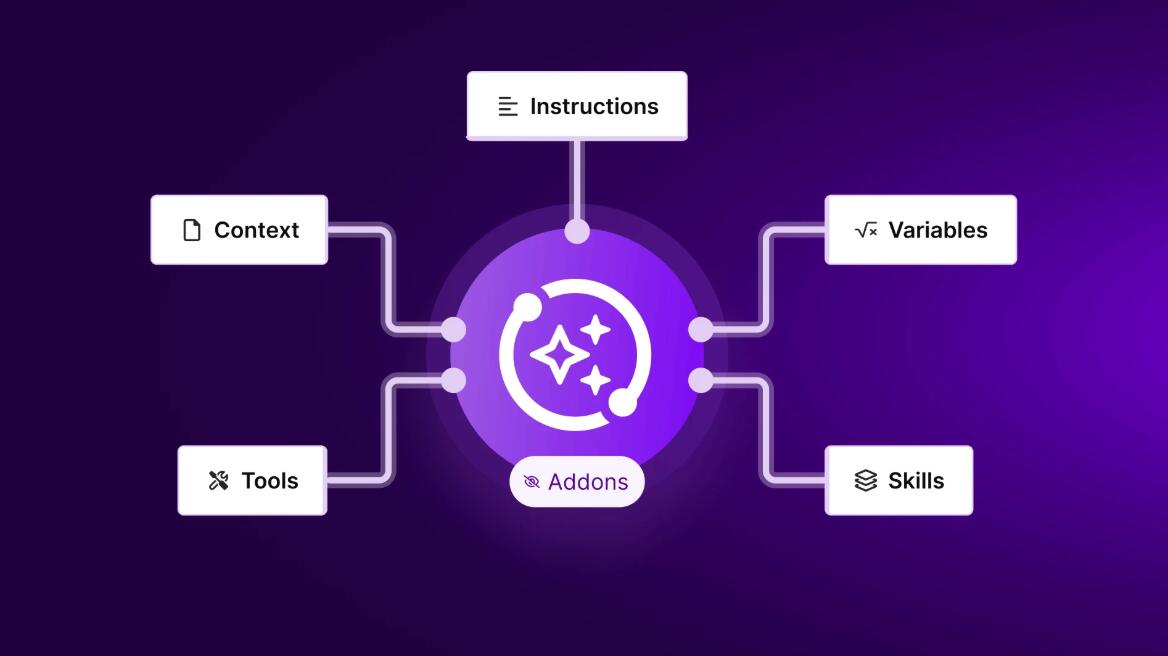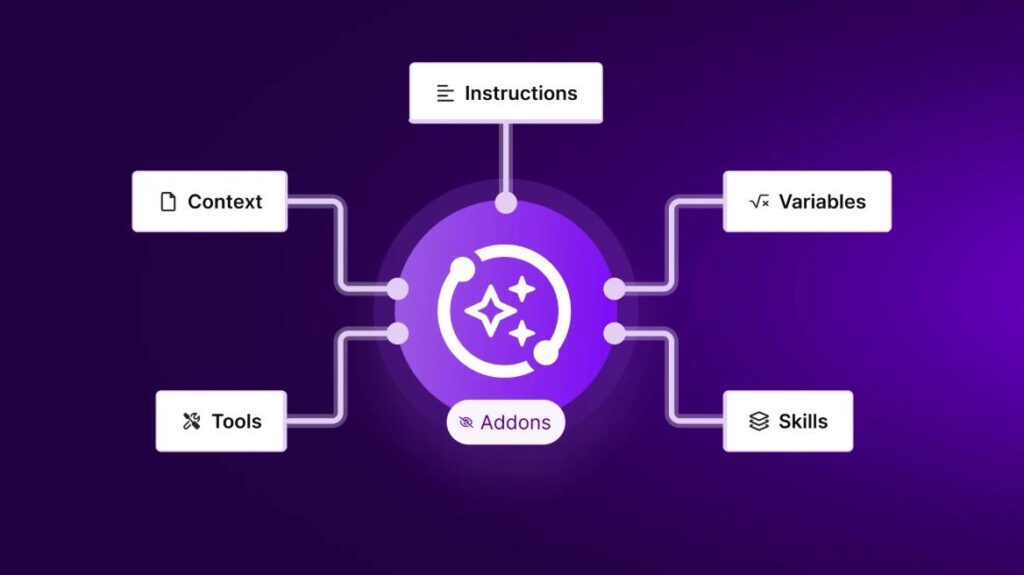
An introduction to AI agents

An introduction to AI agents
Since the middle of 2024 and certainly early 2025, it’s been impossible to ignore AI agents. So what’s all the fuss about? Put simply, AI agents are set to transform the way businesses handle key challenges and everyday tasks – allowing them to focus on important projects without compromising efficiency. We know that AI is already a huge growth sector with enormous implications for businesses. PwC expects AI to contribute approximately $15.7 trillion to the global GDP by 2030. According to McKinsey, teams that adopted AI significantly reduced operational costs (up to 20%). These are huge numbers. The expectation is that they will grow even further when businesses start implementing AI agents.
What is an AI agent?
An AI agent is a digital tool designed to perform tasks autonomously based on data inputs or triggers. A lot of people confuse them with traditional or AI automations. However, automation relies on static rules. AI agents on the other hand know how to adapt to changing contexts, learn from feedback, and adjust their actions over time. Alexandre Kantjas, Co-Founder of 9x (a company that trains teams in AI and automation), developed this comparison table to help differentiate AI agents from automations and AI workflows:
ai-agents-comparison-table
Another important distinction is that AI agents go beyond natural language processing to encompass a range of processes including decision-making, problem-solving, interacting with external environments, and executing actions. It’s vital to acknowledge this decision-making aspect when discussing AI agents as it’s this feature that makes them most valuable to businesses. AI agents can analyze their environment and decide on the best solution for their current task.
What are the different types of AI agents?
There are different approaches to categorizing AI agents. Below we’ve chosen to focus on a functionality-based classification.
Basic task agents follow simple rules and triggers and do not adapt to changing environments or contexts. For example, Amazon Alexa turns on smart lights at sunset.
Memory-based agents can remember past interactions and use this information to refine their future decisions. For example, a robot vacuum cleaner can remember high-traffic areas in your house.
Goal-oriented agents work out the best way to achieve a specific goal. For example, chess AI (Stockfish) determines the best moves to win.
Utility-based agents weigh various factors to maximize their efficiency. One example is Uber’s surge-pricing model, which adjusts ride costs based on demand.
Learning agents constantly learn and refine their behavior based on experience and the ever-changing context. For example, ChatGPT continually enhances conversational responses based on users’ input and feedback.
Why should businesses use AI agents?
There are many reasons why businesses should look to implement AI agents. Here are some:
Better customer support: According to Gartner, AI is expected to manage 80% of customer interactions by 2030. The same report argues that many customers prefer self-service AI-powered options, and many businesses view AI agents as a competitive advantage. Agentic behavior is being increasingly introduced to these AI chatbots.
Increased sales efficiency: According to McKinsey, companies using AI in their sales processes have seen a 3% to 15% uplift in sales revenue. AI tools help sales teams prioritize leads based on predictive analytics and customer behavior.
Enhanced operational efficiency: Findings from MIT Sloan show that approximately 90% of companies experience improved workflows using AI agents. The key benefits are that they allow employees to work more efficiently and creatively while enhancing overall business performance.
Reduced costs: A recent McKinsey study noted that AI-driven predictive maintenance has reduced manufacturing downtime by 30-50%. In addition, companies utilizing AI for various operations have significantly improved their efficiency and reduced costs.
What are the benefits of AI agents in no-code platforms?
No-code platforms like Make provide more flexibility when building and deploying AI agents. No-code platforms like Make democratize automation, making advanced tools accessible to businesses of any size. In comparison to coded solutions, no-code platforms provide their users with the following benefits:
Accessibility: Less technical users can automate workflows without needing programming skills.
Cost savings: No-code platforms like Make eliminate the need for expensive development teams.
Scalability: AI agents easily handle increasing workloads, adapting as your business grows.
Efficiency gains: AI agents automate repetitive tasks and let employees focus on strategic initiatives.
Enhanced insights: AI agents analyze data to provide real-time actionable recommendations.
What are the real-world applications of AI agents?
AI agents are widespread across various businesses and departments, and there are almost infinite innovative ways to implement them. Here are just some examples:
E-commerce: AI agent-powered personalized product recommendations lead to an increase in engagement and conversion rates.
Healthcare: AI agents reduce appointment scheduling time, freeing administrative staff to focus on patient care.
Human Resources: Streamlining recruitment workflows with AI agents cuts candidate screening times.
Finance: Automating compliance monitoring and fraud detection improves detection rates.
What comes next?
AI agents are here – and early adopters are already reaping the benefits. Teams that introduce AI agents into their workflows will gain a significant competitive edge because these digital assistants are accessible, cost-effective, and impactful.
